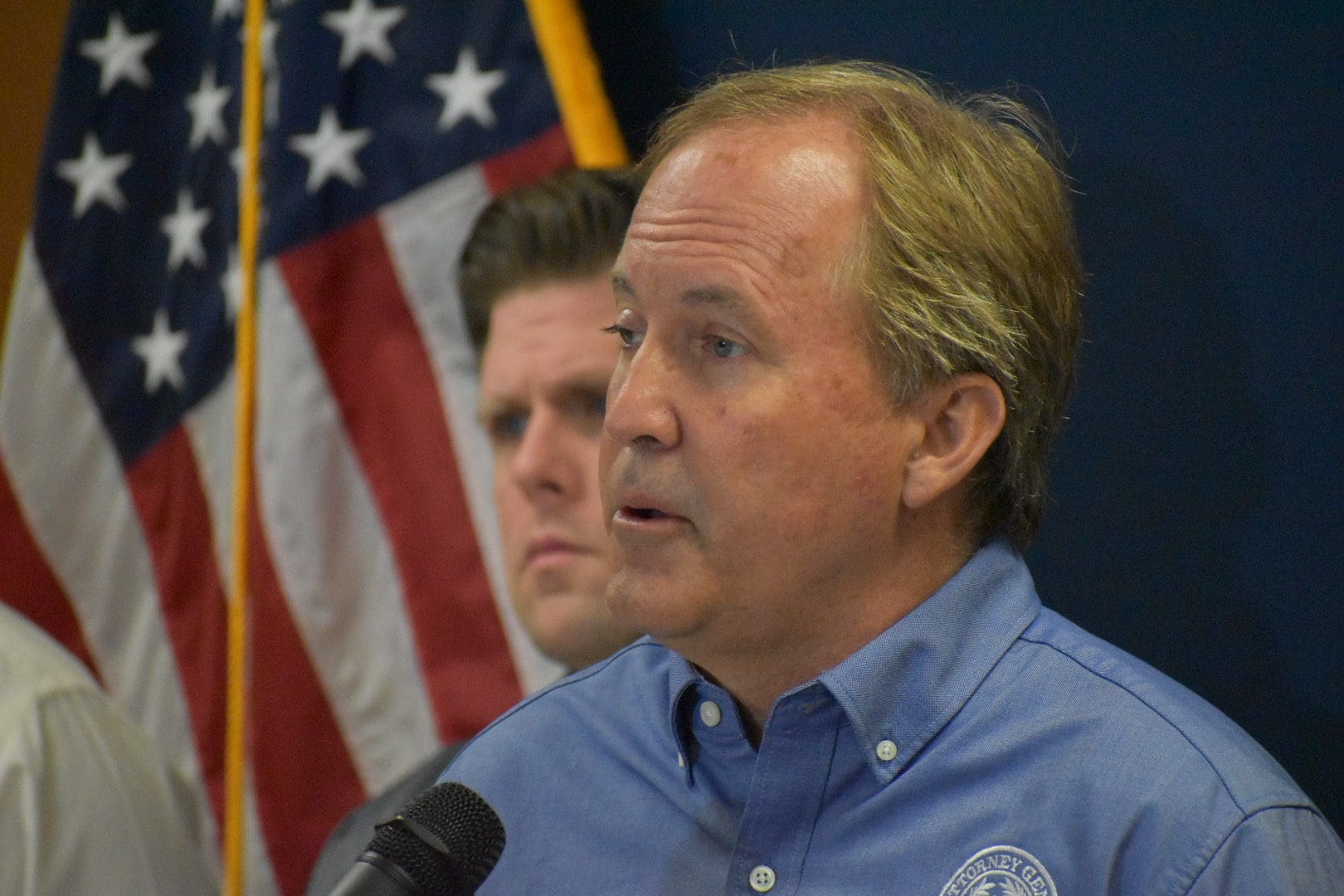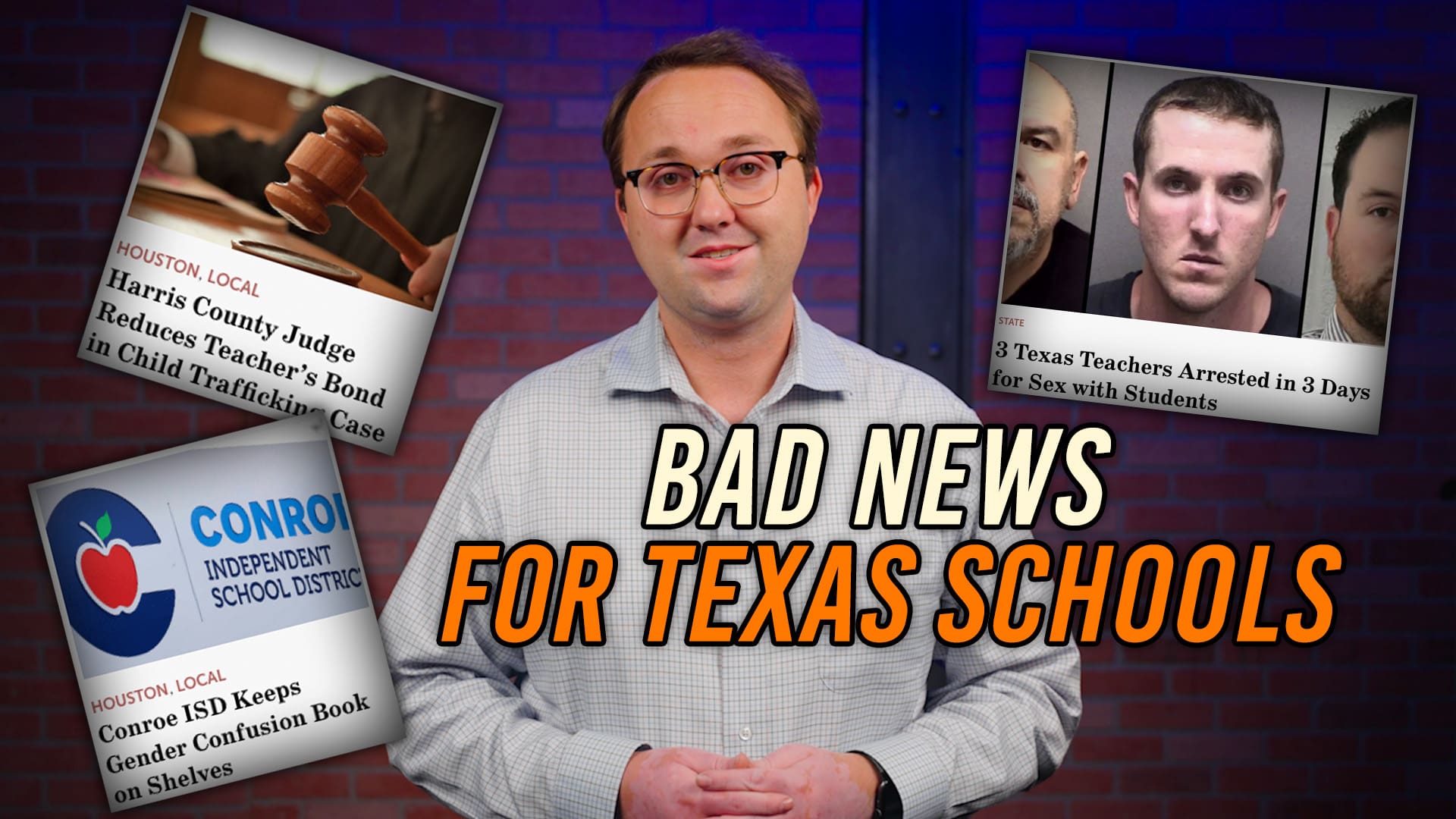Sen. Kay Bailey Hutchison took a direct aim at the state’s business tax today in Dallas as part of her gubernatorial campaign announcement tour. That’s welcome news to those of us who fought against it from the beginning. She described it as “a tragic mistake.”
(Text of her announcement speech.)
When the Legislature imposed the Gross Margins Tax in 2006, it was with the express intent to lower property taxes. Tax burdens haven’t come down (even though school property tax rates were reduced — and are now rising again), but the tax is very real.
Hutchison wants to lay the blame squarely at the feet of Gov. Rick Perry, her chief opponent in the March Republican Primary. (Others running for the GOP nod include Debra Medina.)
That’s not entirely fair; a whole lot of legislators voted for the thing before it reached the governor’s desk.
But such is politics, and his problem to overcome/explain.
The fact is that the conservative movement — and many of the most conservative legislators — opposed the business tax from the moment it was advanced by former Comptroller John Sharp. Business taxes are bad economics, and this was one of the worst — complicated, confusing and unlike anything ever seen.
Business taxes are shell games designed to hide the cost of government; ultimately, businesses don’t pay taxes, people do. The business entity merely remits the money. The tax is paid for by the business owner, shareholders, investors, employees and customers. They pay it in lost profits, never-realized returns, impeded advancement and higher prices.
To their credit, the Legislature and Gov. Perry did the right thing this Session in raising the exemption for the business tax (from $300,000 to $1 million over the next two years; it floats to $600,000 after that). That rescues some small businesses right now; a real tax cut.
They could and should have done more; unfortunately, those efforts were stymied by the the chairman of the House Ways and Means Committee, State Rep. Rene Oliveira (an appointee of House Speaker Joe Straus).
Regardless of who is sitting in the governor’s desk in 2011, repeal of the business tax should take center-stage. As the campaign progresses, I hope we’ll see from all the candidates specific plans for correcting this mistaken tax policy.
Texas voters need to expect more than rhetoric this go-round (we’ve had our fill since 2008 from the new Chosen-One-in-Chief, thank you very much). Rather than let candidates — any candidate — get away with “trust me, I’ll do right,” we must demand to see the specific plans that back up their political pronouncements on the stump.




